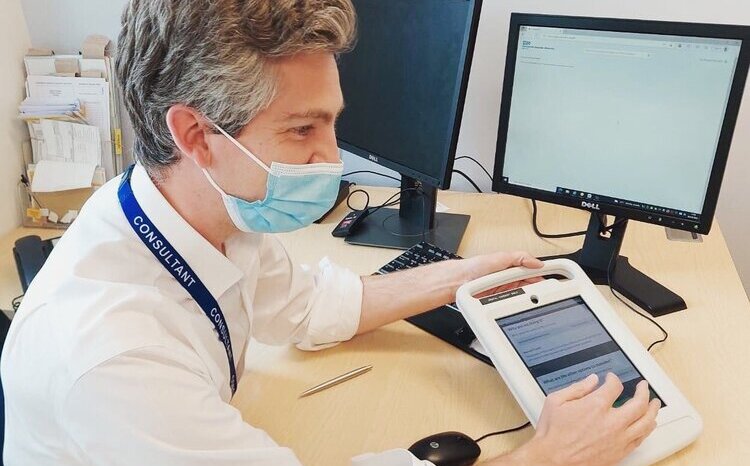Call for electronic consent for secondary uses
- 30 August 2007
Consent to use patient records for secondary uses should be recorded using electronic mechanisms integrated with core NHS systems, the Working Group on the Secondary Uses of Patient Information has recommended.
The group, established to consider the issues around uses of patient-identifiable data for purposes other than direct patient care, said: “Consideration should be given to record consent, and ensure that the consent choices of an individual are automatically adhered to when providing data from their record.”
They argue that the opt-out approach currently suggested is inappropriate for keeping track of a patient’s wishes regarding their personal data where their identity is known to the researcher.
“Whilst consent can be assumed for healthcare purposes where a patient has been effectively informed about what may occur, it would be wrong to assume consent for secondary purposes. Additional efforts to gain consent are required for these purposes.
“Where the data is used in identifiable format and generally felt to be personally more sensitive, recorded informed consent with positive ‘opt-in’ is more likely to be appropriate than a communications exercise and a negative ‘opt-out’ consent model.”
The proposed electronic mechanisms should help to clarify a patient’s wish for the use of their data and provide clarity for researchers wishing to obtain this.
“On a wider perspective this facility should also allow patients to actively register their willingness to be involved in research, perhaps into a specific condition that they have, facilitating subsequent invitations to join relevant studies.”
Consideration will also need to be paid as to how these consent controls will be applied with regards to data stored away securely in sealed envelopes, which must remain anonymous, in line with the patient’s request to store it separately.
They stress that the public must understand how the Secondary Uses Service (SUS) will work and what their options are, in terms of external access to data.
“Clear communication is important to ensure that patients are aware of their choices whilst also understanding that their consent is not needed for the use of anonymised data.
“It is important that patients and the public are aware of when and how their information might be used and of the role of the Secondary Uses Service. An important aspect of the management of consent is the transparency around the governance arrangements, including clear penalties for breaches of confidentiality.”
They suggest that in order to in order to implement the anonymised SUS, Connecting for Health should ensure that the data is appropriately managed and made available to users.
This will require the existence of an “honest broker” – a trusted custodian of the data – and one, or a small number, of “safe havens” – a designated secure area- which have the capabilities and are assessed suitable to manage the disclosure of information to users.
Those responsible should ensure that the user of this data has been appropriately governed, with clear arrangements in place both to approve proposals and to ensure that applicants implement acceptable and auditable measures to protect patient confidentiality.
The report has been approved by the Care Record Development Board (CRDB), which has said it has taken note of the 16 recommendations made by the working party.
CRDB chair, Harry Cayton, said: “We find ourselves at a time where information about patients is increasingly being recorded electronically not only to support the direct delivery of care but also to ensure that the NHS operates in an efficient manner, allowing the provision of patient choice.
“The quest for new treatments requires information, and the databases developed as part of the National Programme for IT in the NHS could provide some of this information. Equally many are concerned, as citizens, about how information about them held by organisations is used.”
The National Information Governance Board for Health and Social Care will takeresponsibility for monitoring the implementation of the recommendations in the report.
Links
The Report of the CRDB Working Group on the Secondary Use of Patient Information




